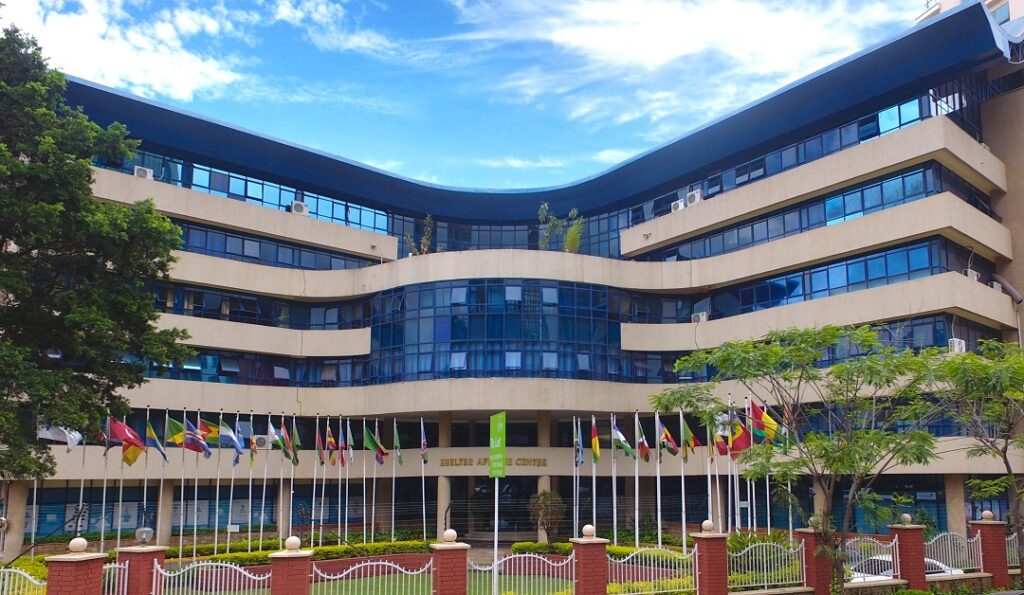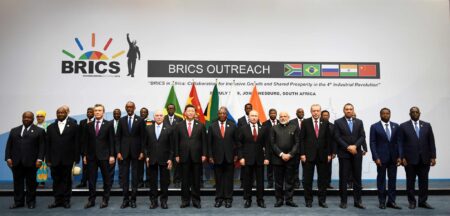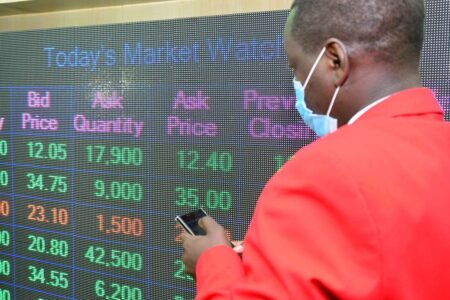- South African rating agency GCR has upgraded Shelter Afrique Development Bank’s global scale long issuer rating to B from B- and affirmed a stable outlook.
- Additionally, GCR has upgraded the national scale issuer ratings for Kenya, Nigeria, and Mauritius, all with stable outlooks, while recognizing Shelter Afrique’s transition to a treaty-based entity and strategic efforts to address capital arrears.
- This transformation has improved the bank’s operational and financial performance, enhanced governance, and solidified its legitimacy and confidence among members.
South African rating agency GCR, has upgraded Shelter Afrique Development Bank’s (ShafDB) international scale long issuer rating to B from B- and affirmed the short-term national scale issuer rating of B, with the outlook accorded as Stable.
At the same time, GCR has also upgraded the long and short-term national scale issuer ratings for Kenya to AA-(KE)/A1+(KE) from A+(KE)/ A1(KE); Nigerian to AA+(NG)/A1+(NG) from AA(NG) / A1+(NG); and Mauritian to BB+(MU)/B(MU) from BB(MU)/ B(MU). All the three national ratings have been accorded a stable outlook.
The Agency has also upgraded the Nigerian national scale long-term issue rating on the Series 1 Tranche A and Tranche B Senior Unsecured Notes, at the same level as the Nigerian issuer credit rating, issued under Shelter Afrique’s ₦200 billion Domestic Bond Issuance Programme, according to the Issue a stable outlook.
Affordable housing development projects
The proceeds of the Bond have been used to fund affordable housing development projects and lines of credit to housing developers in Nigeria.
“The upgrade of Shelter Afrique Development Bank‘s ratings reflect improved status, building track record of preferential creditor treatment (PCT), and improved membership strength and diversity. These enhancements stem from its transition to a treaty-based establishment and strategic agreements aimed at addressing capital arrears,” GCR said in a commentary.
In October 2023, Shelter Afrique changed its name from The Company for Habitat and Housing in Africa to Shelter Afrique Development Bank (SHAFDB). The institution also revised its statutes to reflect the new status as a development bank.
“We set out to position the institution for growth through transformation into a development bank which has so far yielded improved operational, and financial performance and governance. Our elevation into a Development Bank now sets the stage for a renewed, innovative, and impactful Shelter Afrique,” Shelter Afrique Development Bank Managing Director Mr. Thierno-Habib Hann said.
Recognizing the establishment of SHAFDB as one of the institution’s most notable developments, GCR noted, “this structural shift has solidified Shelter Afrique Development Bank’s legitimacy and operational framework, which is critical in reinforcing confidence among current and potential members. We view the diverse membership base (on a regional basis) and treaty establishment as ratings positive.”
Read also: The Finance Bill 2024: Implications for Kenya’s Housing Sector
Shelter Afrique’s capital and funding structure
“Our resolve is to sustain the transformative journey that we embarked on two years ago. We expect to sustain significant improvements in our capital and funding structure, asset quality, developmental impact and overall enterprise risk management,” Shelter Afrique Development Bank Head of Risk Management Mr. Bernard Oketch said.
The bank has 46 shareholders comprising 44 member States under “Category A” shareholding, and African Development Bank (AfDB) and the Africa Reinsurance Corporation (Africa-Re) under “Category B” shareholding. It has also “Category C” shareholding for non- African institutions and States willing to join the institution as shareholders.
Shelter Afrique seeks to deliver financial solutions and associated services that support both the supply and demand aspects of the affordable housing value chain across economies in Africa. As a premier provider of financial, advisory, and research solutions, ShafDB focuses on addressing Africa’s housing crisis through financial institutions, project finance and public-private partnerships, striving to achieve sustainable developmental impact.











